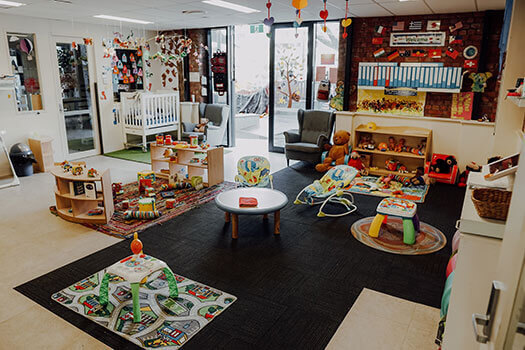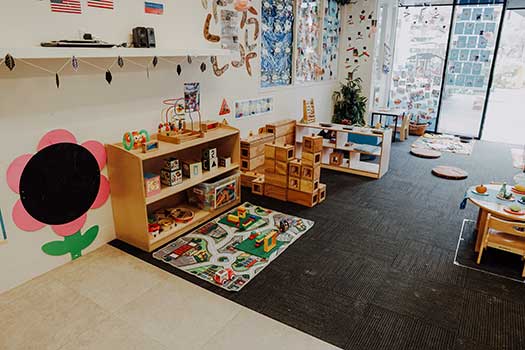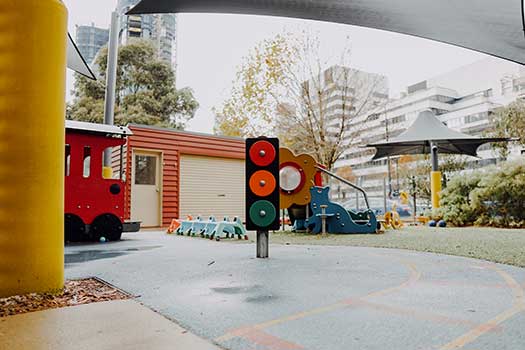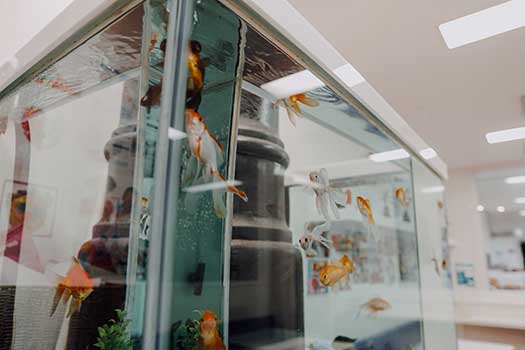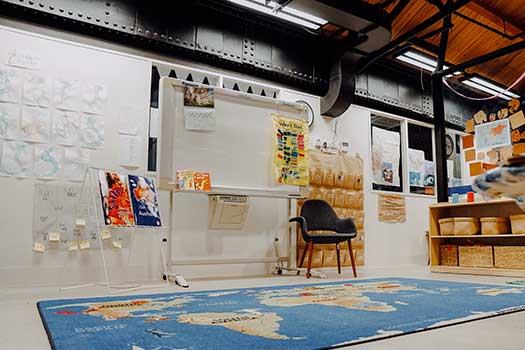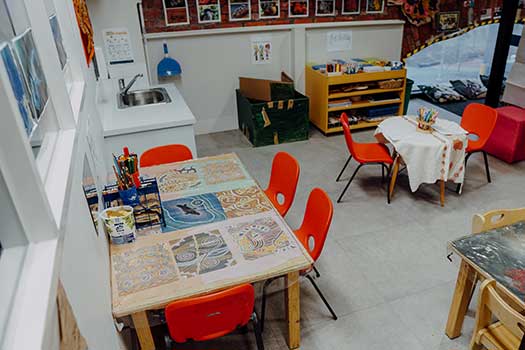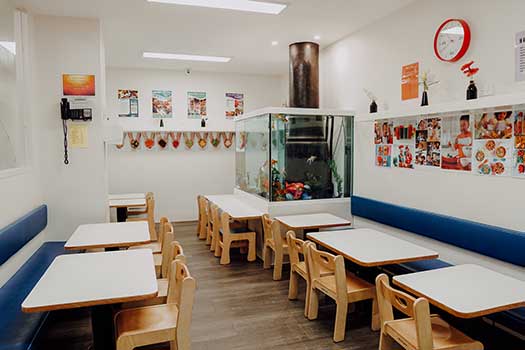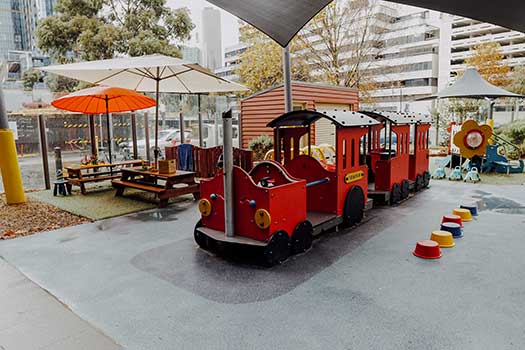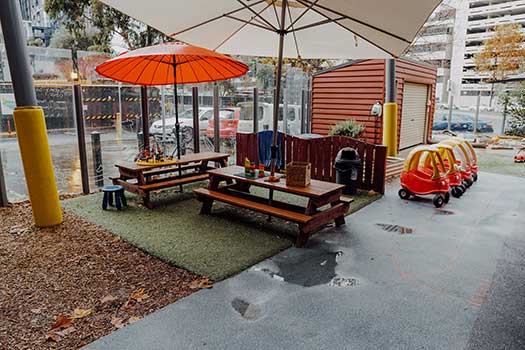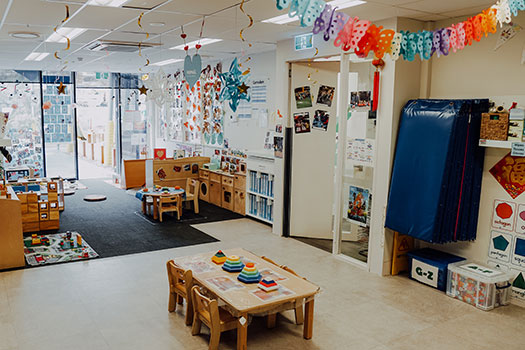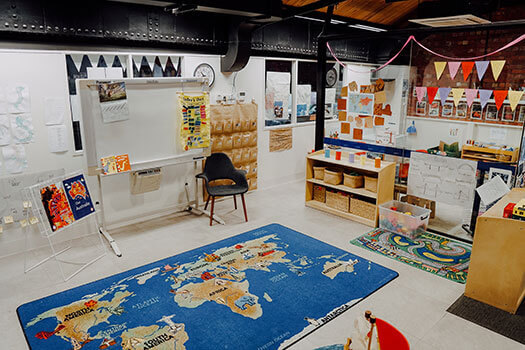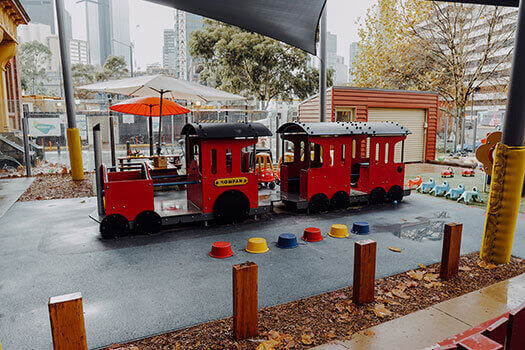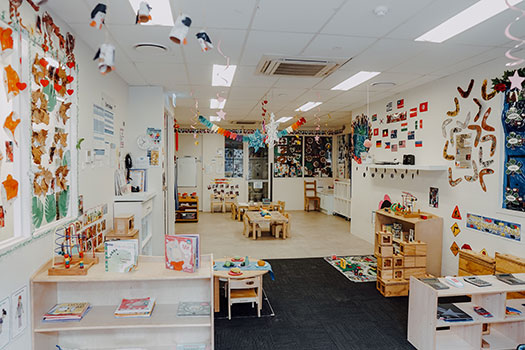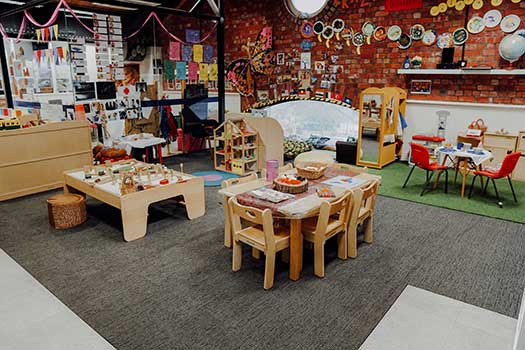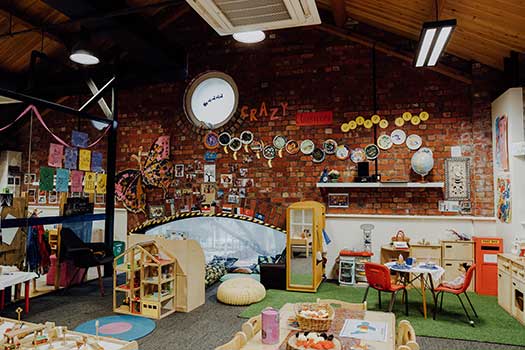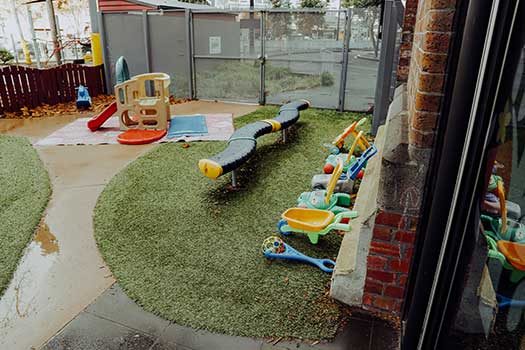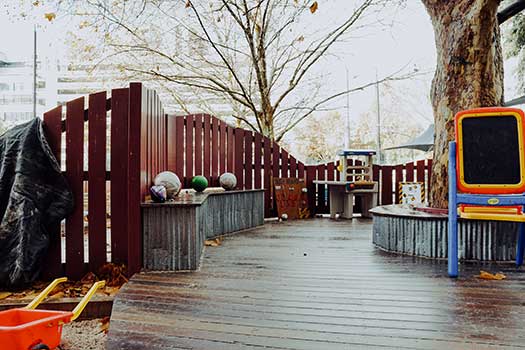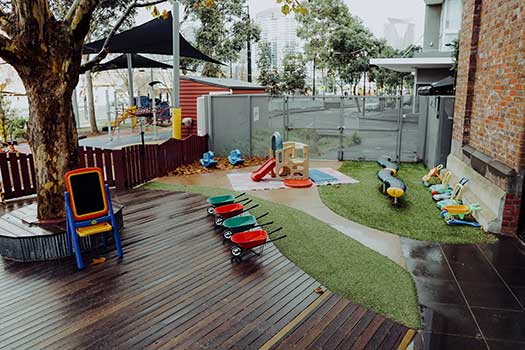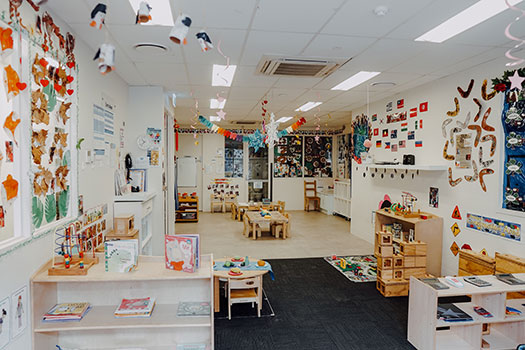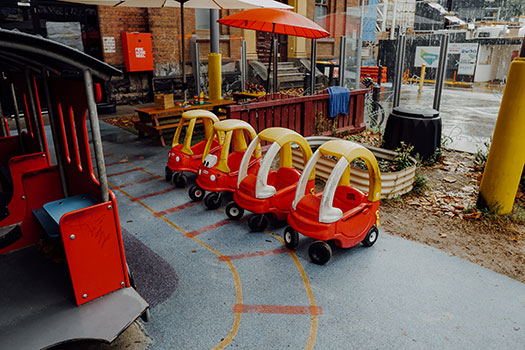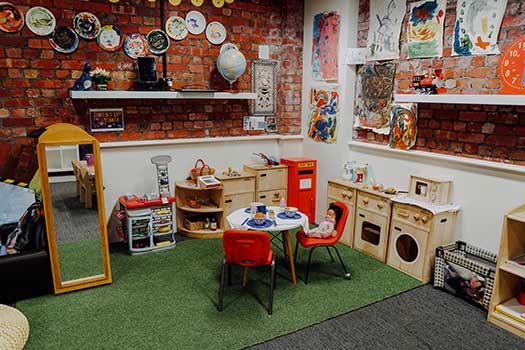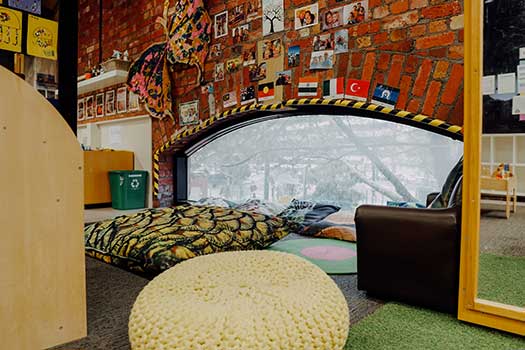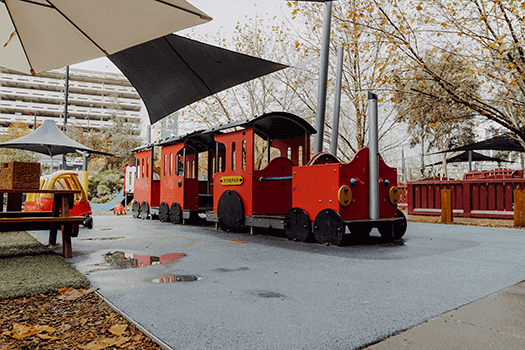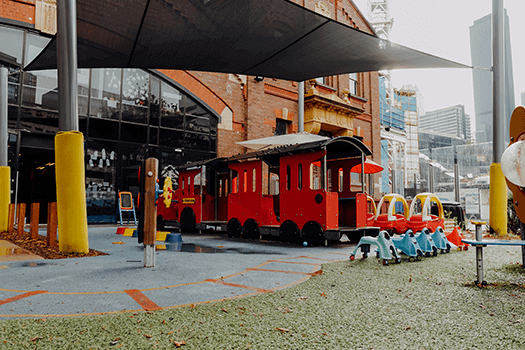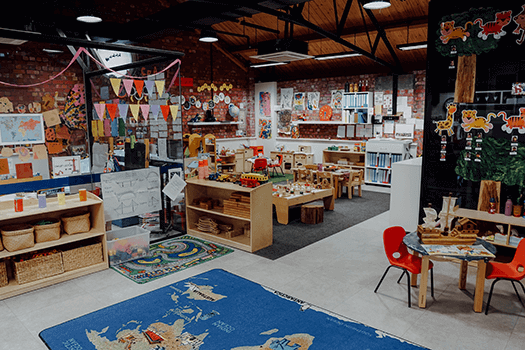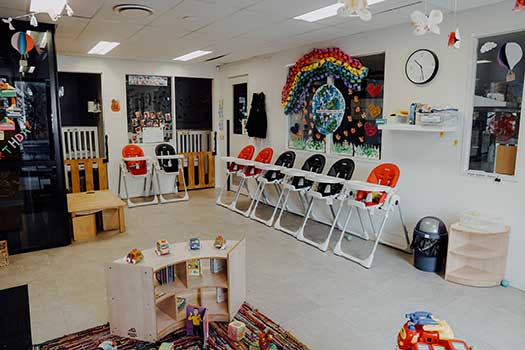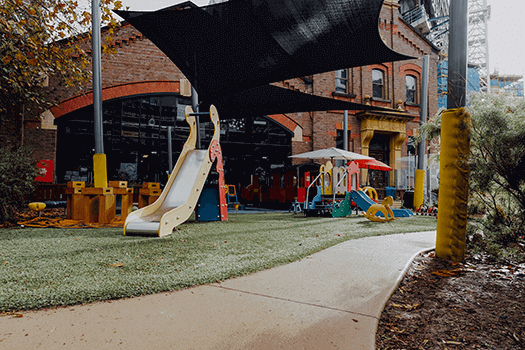Home »
Play Based Learning Activities
Play-based learning activities are the cornerstone of innovative early education. These activities promote play which stimulates curiosity and exploration and lay a firm foundation for lifelong learning. Through play-based learning experiences, kids develop critical social, cognitive and emotional skills in a setting which respects freedom and joy. These activities draw upon the child’s interests to lead the learning journey. Whether through imaginative scenarios or hands-on exploration, play-based learning activities promote curiosity and prepare young students for personal and academic success.
What exactly is play-based learning?
Play-based learning is a type of early childhood education based on child-led and open-ended play. If you’re picturing preschoolers finger painting or ‘playing house’, you’re spot on.
Play itself is a voluntary, enjoyable activity with no purpose or end goal. Believe it or not, activities like this lay the foundation for a child to become a curious and excited learner later in life. Play-based learning helps children develop social skills, motivation to learn, and even language and numeracy skills. Taking initiative, focused attention, and curiosity about the world are all a part of play.
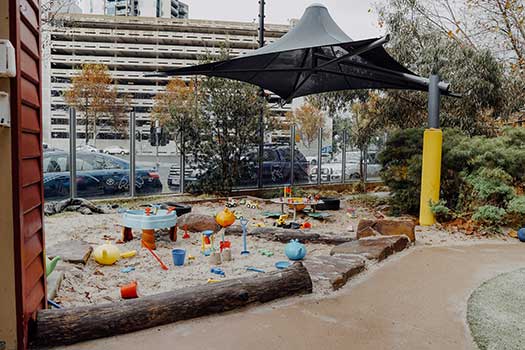
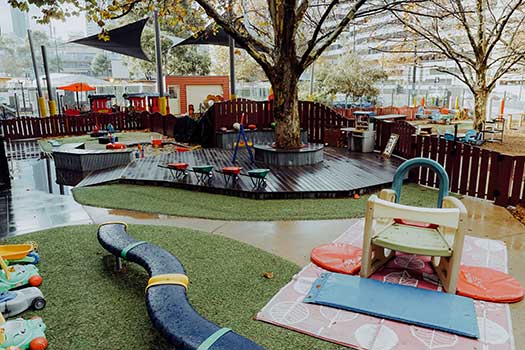
Elements of play-based learning
Play-based learning includes the following elements:
- Self chosen: A child voluntary chooses to play, how they’ll play, and for how long. An adult may initiate play insofar as he or she invites or suggests play but the child determines the rest.
- Enjoyable: Play is enjoyable for the child. This emotional aspect is important. There may be some frustrations or disagreements during play but overall it’s pleasurable.
- Unstructured: A child has ample time to explore and discover during play. They’re directed by their own interests, not by any prescribed rules or plans.
- Process-oriented: There is no end or learning goal. Instead, it’s the process of play that’s important.
- Make believe: Play often involves imagination, ‘make believe’, or ‘playing pretend’.

